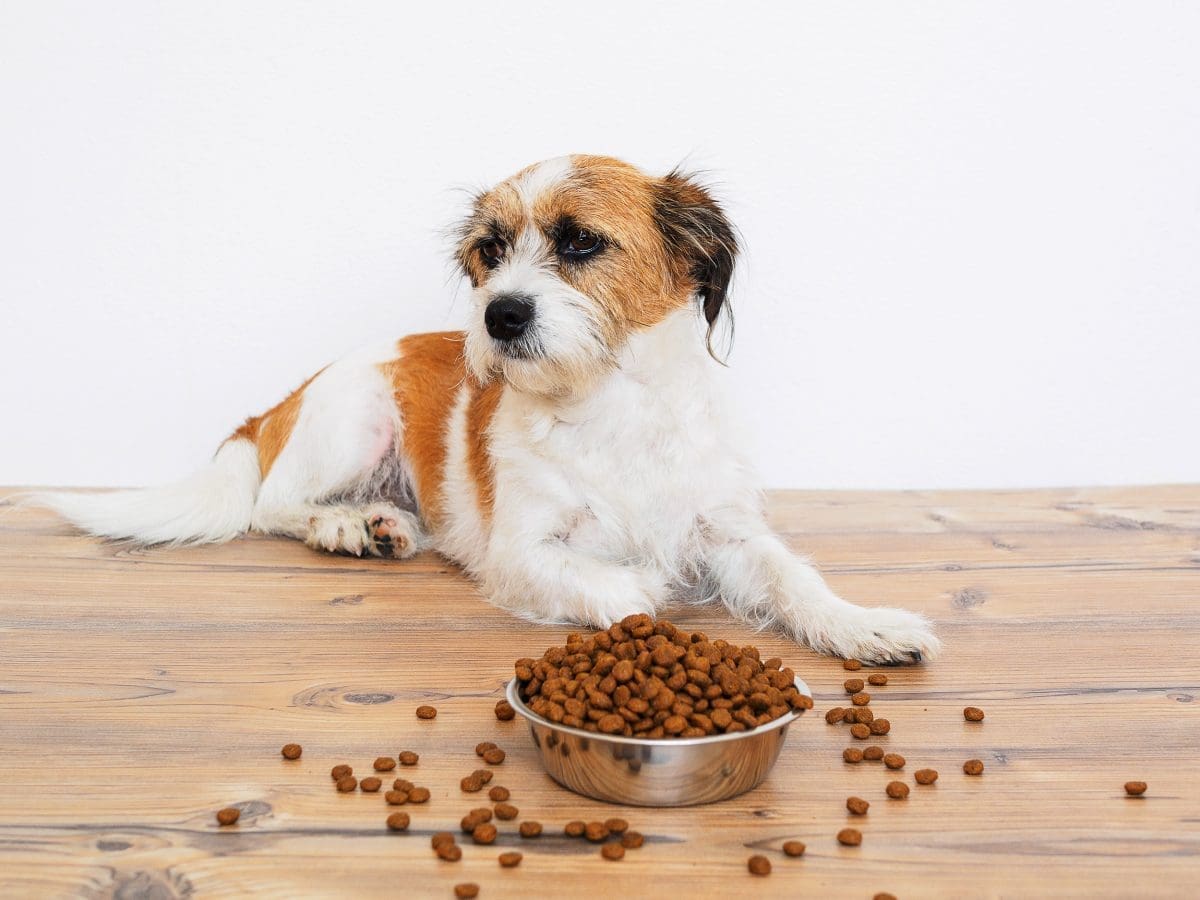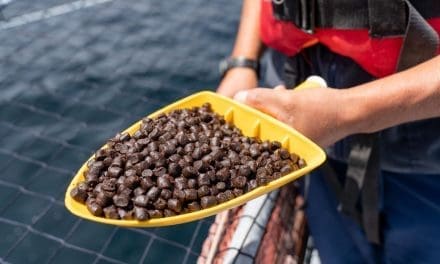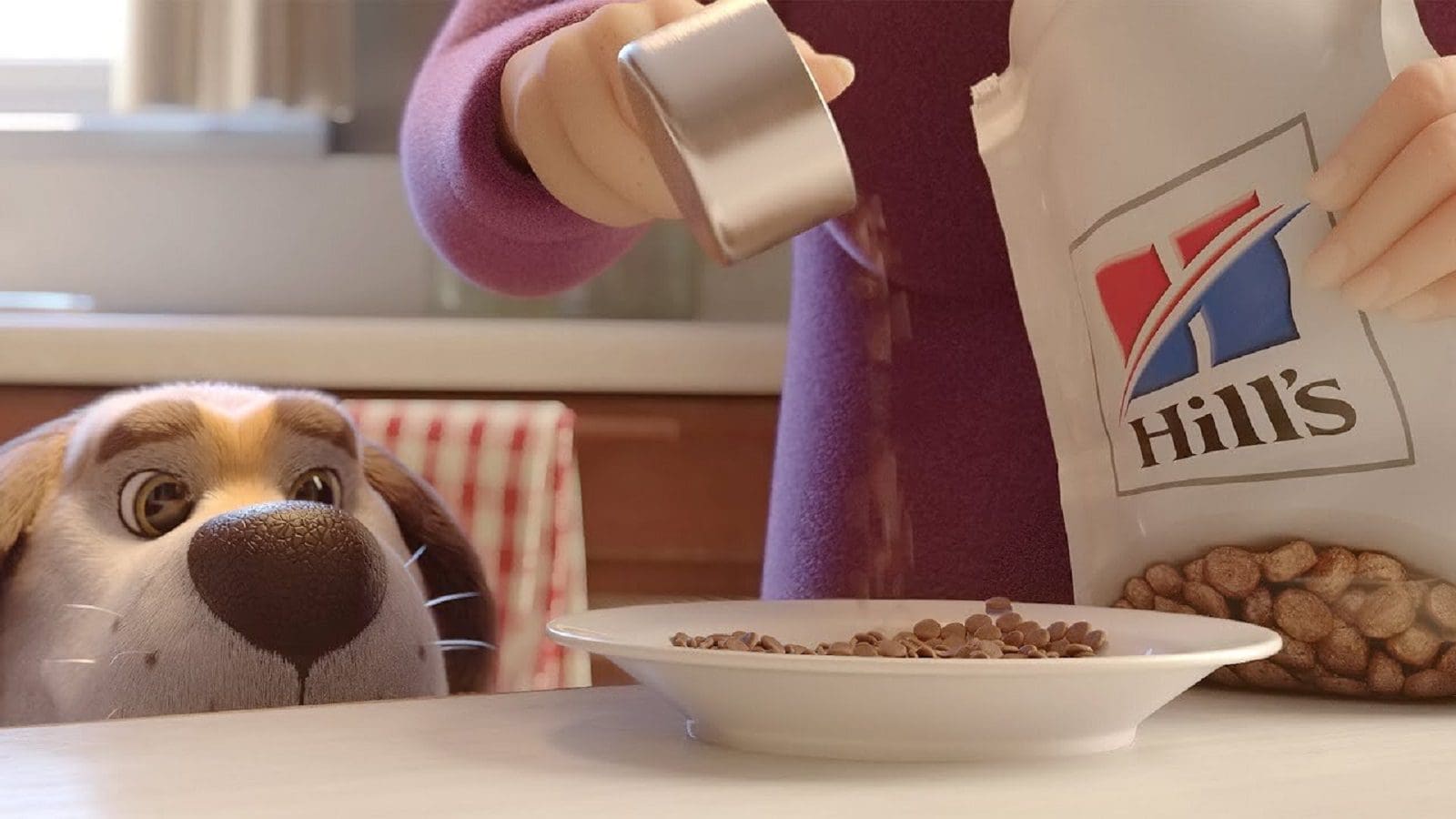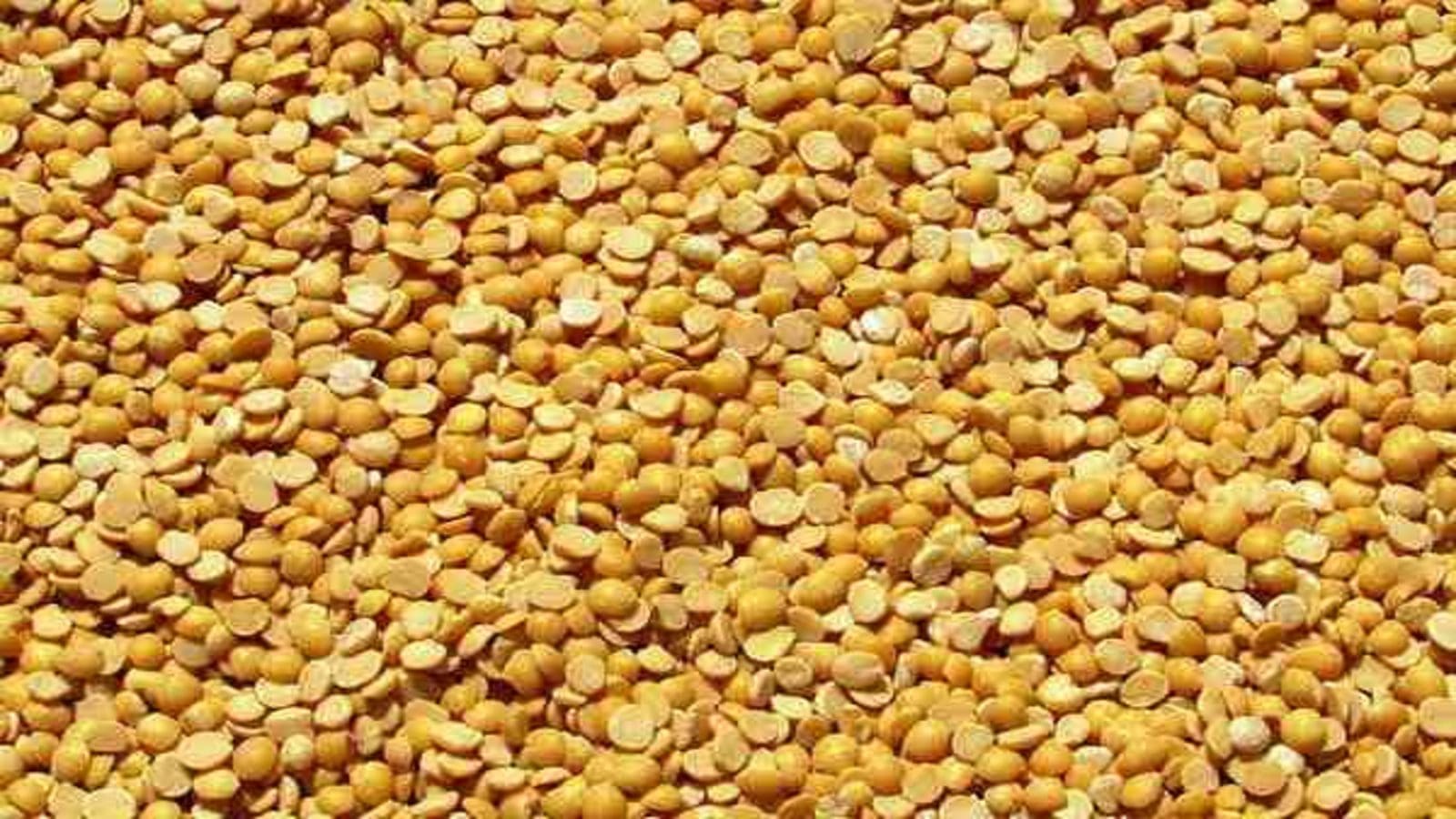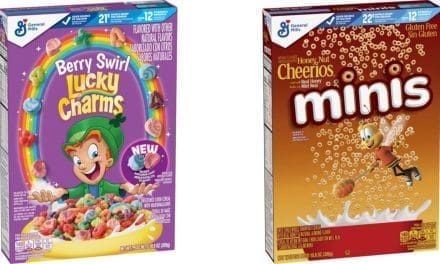PAKISTAN- The Pakistan government increased taxes on pet food, from 17% to 25%, among 33 other luxury goods as inflation overwhelms citizens.
The country continues to deal with inflationary pressures from debt and foreign exchange crises, while Pakistan’s pet food industry struggles persist.
“Fuel and electricity costs have gone up and so have labor costs. The inflationary pressures are making it difficult for Pakistani pet food businesses to compete globally. There is limited policy reform that benefits the industry, and government institutions are not focused on setting up local industry and facilitating exports.”Rafae Dossal, CEO of Waggles Pet Food, lamented.
Moreover, Pakistan’s exchange rate has fallen by a dramatic 35% in the last year, which would have made exports cheaper.
However, with high inflation and a dwindling foreign exchange reserve, Pakistani products face a tough time in the domestic and export-oriented markets.
“People who are earning Pakistani rupees cannot afford food, let alone pet food. A regular can of dog food was PKR 450 (US$1.59) — now it is PKR 700-PKR 750 (US$2.48-2.66). It is costing us more to produce, and now it is costing people more as well,” Dossal added.
Pakistan producers have trouble competing with China and Thailand because of these high production costs and low prices.
This is not the first time the Pakistan pet food industry is struggling. In 2022, Pakistan imposed an import ban on pet food to help the local pet food industry flourish.
However, according to Ambareen Thompson, CEO of Wellness Food Processing, there was a mismatch between government policy and action.
“The government banned imported pet food, but they allowed it again. Now it is coming in through ‘gray’ markets. On top of that, you cannot get loans that facilitate local business. Interest rates have shot through the roof — up to 20%. The price of oil has gone up 100%, while utilities have gone up 40%,” said Thompson, indicating that the policy did not have the expected results.
These challenges in the pet food business environment will likely force Wellness Food Processing to close down, succumbing to heavy taxation.
“The 25% sales tax is the final straw,” said Thompson. “I am now looking to shut down my plant since there is no support from the government.”
According to Thompson, pet food imports continue to increase as domestic manufacturing dwindles.
“Further, retailers are now refusing to put our product on the shelf due to the high cost. Some retailers are also struggling, so our money is stuck in the retail sector, with no legal recourse against bounced checks from retailers,” she added.
While Pakistan seems to be severely affected by the recently increased taxes, the inflation of pet food prices, termed ‘petflation’ continues to affect pet owners in other countries, including the USA.
In the United States, inflation in pet-related products and services has risen to record-setting levels during the past eight months due to the rising costs of raw materials amid a weakened economy.
According to Bureau of Labor Statistics data, in February, when annual CPI declined to 6%, the catch-all “pets, pet products, and services” index rose to 10.9%, veterinary services jumped nearly 2 percentage points to 10.3% and pet food increased to 15.2%.
“When people are having to surrender their animals for economic reasons…, that’s a people problem; this is not some issue that is not relevant to people,” said Kitty Block, chief executive officer and president of the Humane Society of the United States.
Meanwhile, Russian pet food manufacturers will expand their production capacity and develop holistic and premium pet foods- mostly for local consumption.
For all the latest food industry news from Africa and the World, subscribe to our NEWSLETTER, follow us on Twitter and LinkedIn, like us on Facebook and subscribe to our YouTube channel


